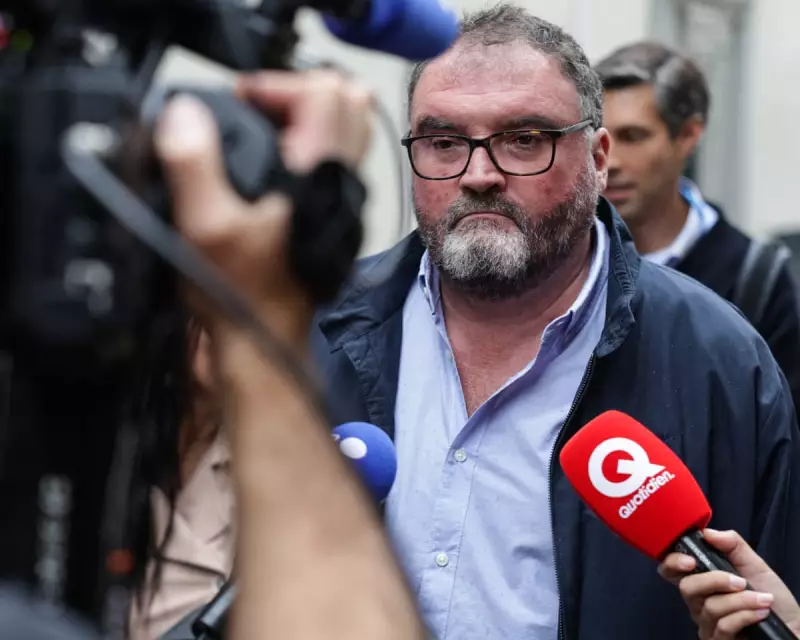
The courtroom in Besançon, France, has become the stage for one of the most chilling medical murder trials in recent history. Frédéric Péchier, a 51-year-old anaesthetist, faces accusations that he deliberately poisoned patients to induce cardiac arrests, positioning himself as a saviour in the ensuing chaos.
Prosecutors allege that between 2008 and 2017, Péchier tampered with anaesthetic bags used on 24 patients. Seven of these patients died, while 17 others survived after suffering unexpected and severe complications during routine surgical procedures.
A Pattern of Unexplained Emergencies
The prosecution's case hinges on a disturbing pattern. They claim Péchier, who was often not the assigned anaesthetist for the operations, would inexplicably appear in the operating theatre just as a crisis unfolded. His alleged motive was twofold: to create a scenario where he could demonstrate his superior skills, and to maliciously frame colleagues he was in conflict with.
Investigators found that the affected patients had dangerously high levels of potassium or local anaesthetics in their systems—substances that were not prescribed as part of their treatment. Traces of these drugs were discovered on puncture marks in the medication bags, suggesting they were injected intentionally.
A Web of Deceit and Malice
The prosecution paints a picture of a deeply manipulative individual. They argue that Péchier's actions were not spontaneous but calculated acts of violence designed to cause maximum harm while allowing him to evade detection. By creating life-threatening situations, he allegedly sought to enhance his own reputation as a brilliant and cool-headed doctor under pressure.
Furthermore, it is claimed he sought to discredit rivals by causing emergencies during their surgeries, thereby casting doubt on their professional competence.
The Defence's Counterargument
Péchier has consistently and vehemently denied all charges. His defence team maintains his absolute innocence, arguing that the case is built on circumstantial evidence and a flawed investigation. They contend that the tragic incidents were nothing more than a series of unexplained medical accidents and that their client is a dedicated doctor being made a scapegoat.
The trial, which is expected to last until November, will hear from hundreds of witnesses, including medical experts, former colleagues, and the families of the victims. The case has sent shockwaves through the French medical community and raises profound questions about trust and safety within healthcare systems.





